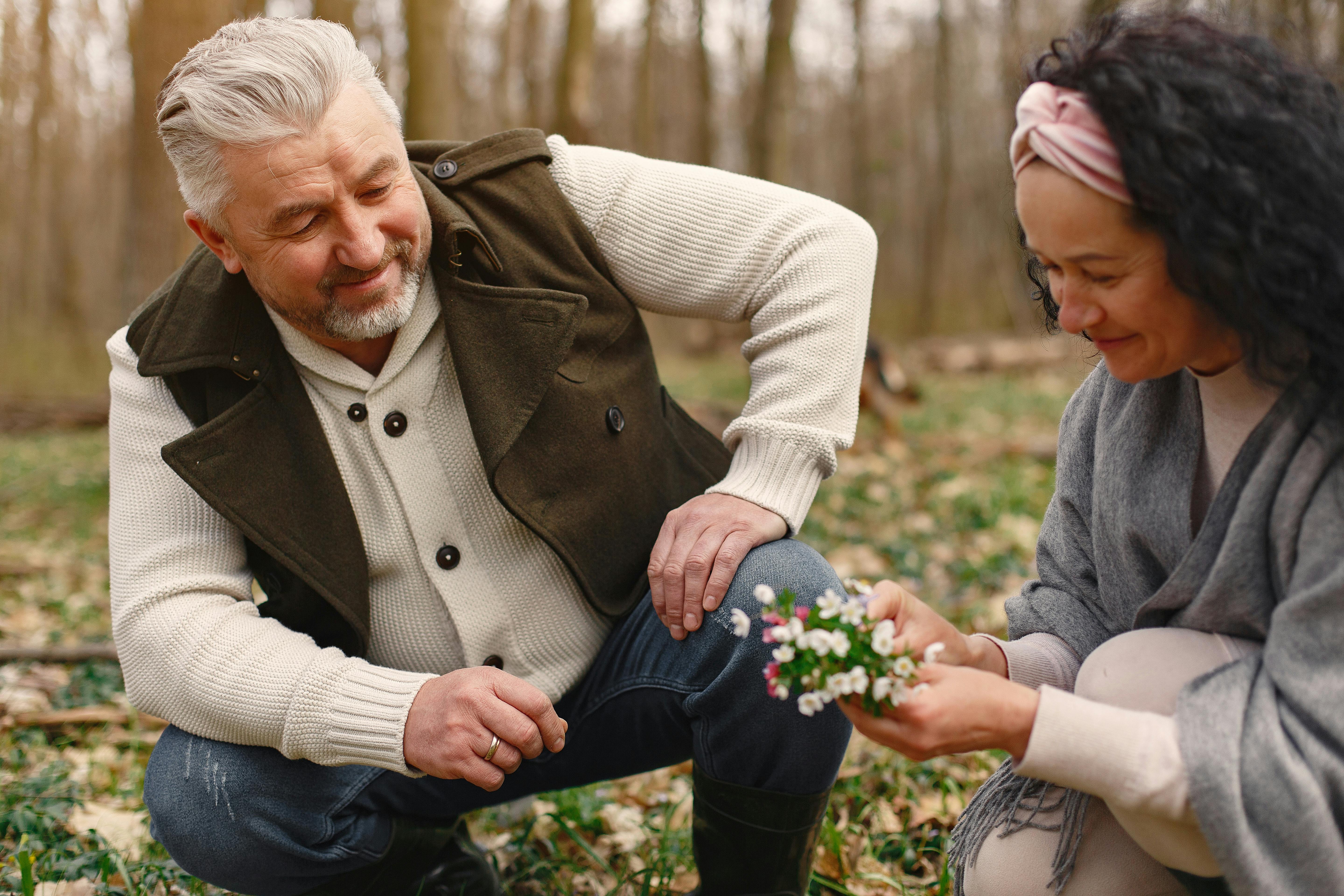The organic revolution has grown from small beginnings into a huge movement, fueled by people’s desire to lead a healthier lifestyle.
The National Board of Organic Standards defines organic agriculture as “an ecological production management system that promotes and enhances biodiversity, biological cycles, and soil biological activity.” In response to the Organic Food Production Act of 1990, the regulations established that all products bearing the organic label are grown or processed free of additives, chemicals, hormones, or pesticides. Under the rules, the use of genetic engineering, ionizing radiation and sewage sludge is also prohibited.
To identify organic food products approved by the National Organic Standards Board, look for the “USDA Organic” seal. Characterized by a circle with green and white colors, the organic label is usually placed directly on fruits and vegetables. If organic, the seal also appears on packaged products such as meat, eggs, cheese, and all USDA-approved products. For organic meat and dairy, look for terms like free-range or farm-raised. Organic meat eliminates much of the chemicals, antibiotics, and hormones found in commercial meats.
For your morning coffee, look for one that says it’s Rainforest Alliance certified; which means that it was grown in an environmentally friendly way. Using reusable coffee filters takes it a step further to be an ecologist.
Plastic shopping bags are not biodegradable. So, use paper or cloth. Help even more by using recycled paper bags. If cloth bags are used, they can be washed and are also reusable. If you use plastic, save them as laundry bags, lunch bags, or trash bags.
Clothing made from bamboo, cotton, soybeans, and other recyclable materials is eco-friendly. Brands like Lisa Miller and Linda Loudermilk make clothes from eco-friendly materials.
Fast foods should be avoided. First, they often use non-biodegradable packaging. They typically don’t use organic foods or healthy alternatives to frying due to the added costs involved.
Practice composting. Instead of throwing away orange peel, potato peels, breadcrumbs, or any unfinished food or scraps, lightly bury them to make a compost heap. Not only are you helping to do your part for the environment, but you can even start your own organic garden with your compost soil.
Save paper by getting off the mailing list. Go paperless; go online, go to the Internet. Pay your bills by phone or online through electronic banking. It will help reduce spam.
Use a manual lawn mower in your garden than a gasoline or electric one. The new push mowers are much better than their grandparents. It will also give you a good workout. If you really can’t use a walk-behind lawn mower, opt for a battery-powered one.
The chemicals in cleaning products can also be harmful to you and cause many environmental problems. Use organic cleaning products instead. Natural cleaning products work just as well and are safer for your family. You can buy organic cleaning products at your local grocery store or even make your own.
The Chinese say that ‘a journey of a thousand miles begins with a first small step’, so start making a difference as your health and the health of your family depends on it.




